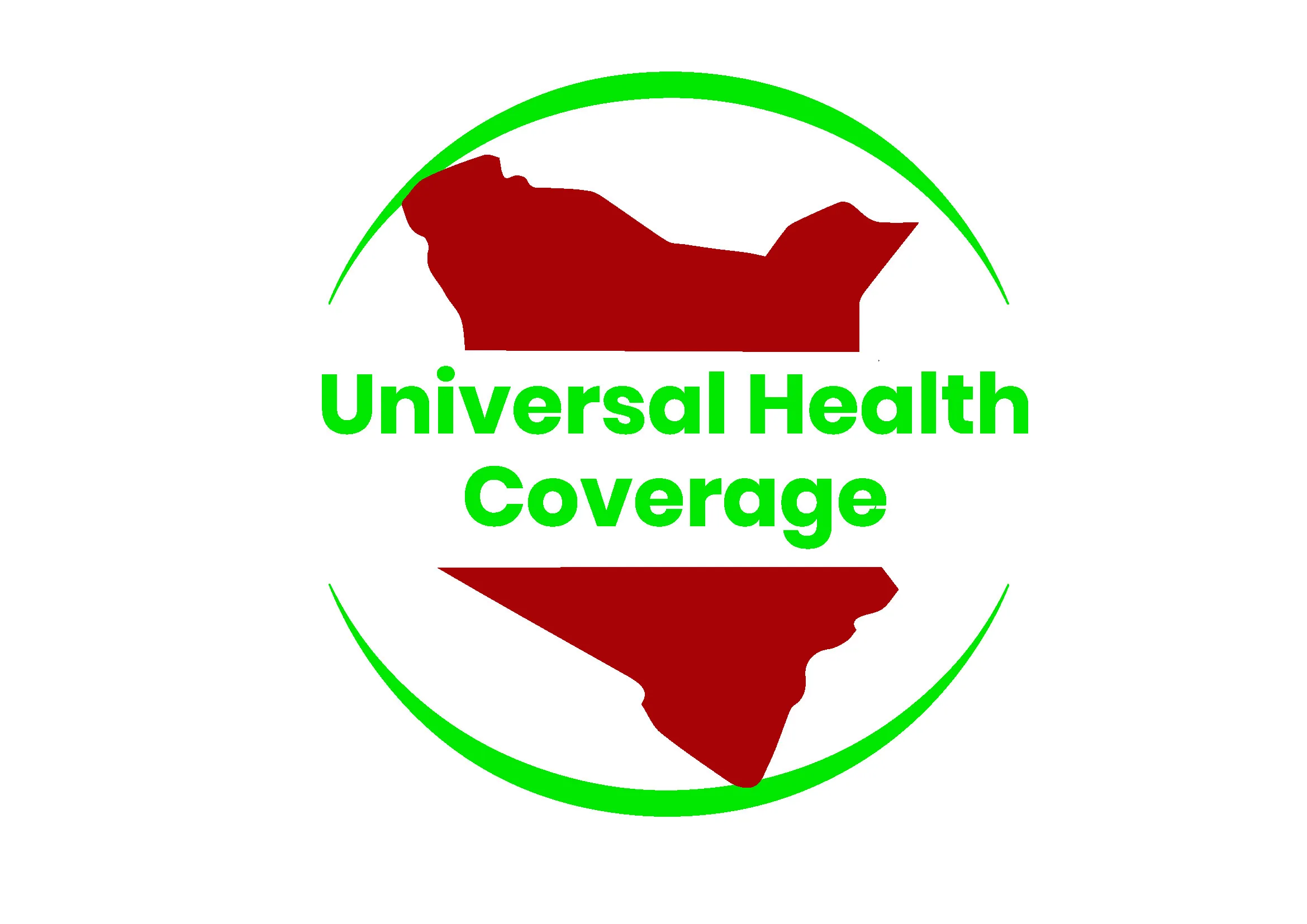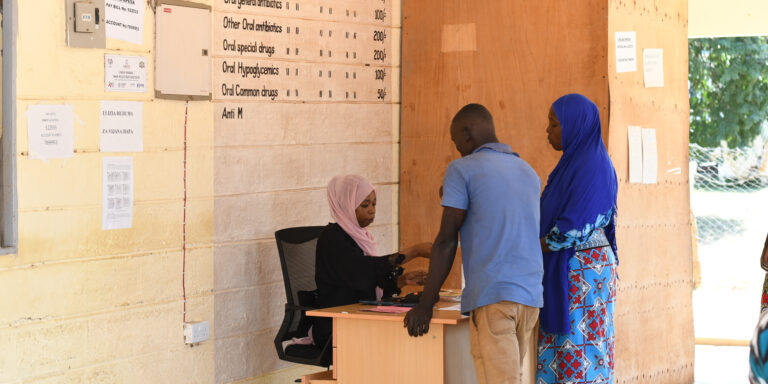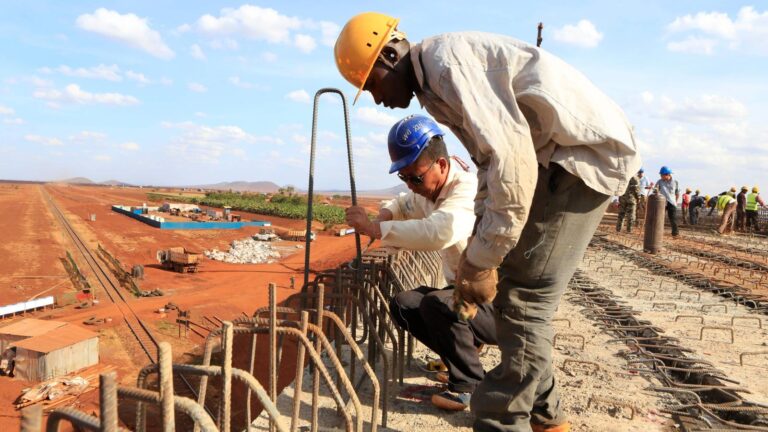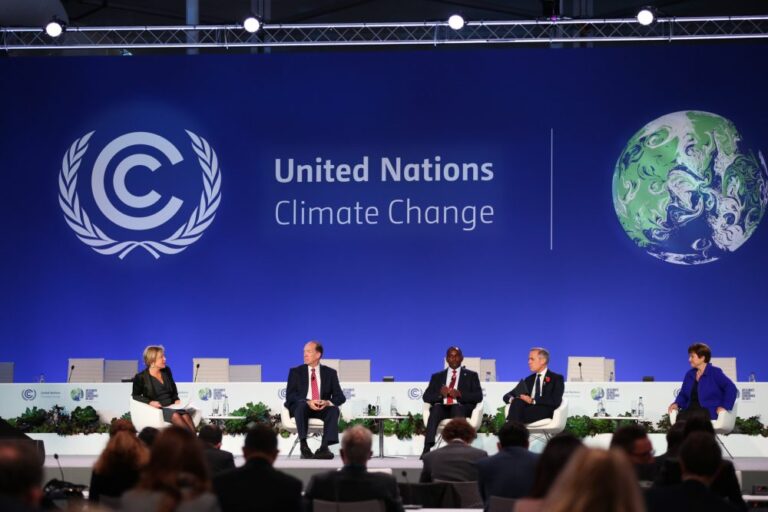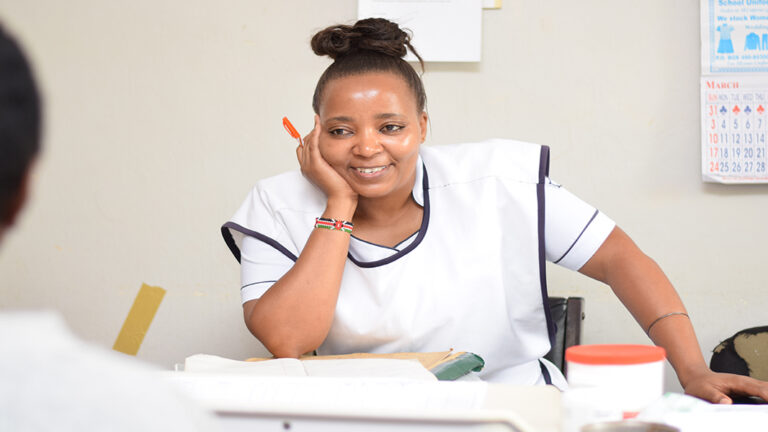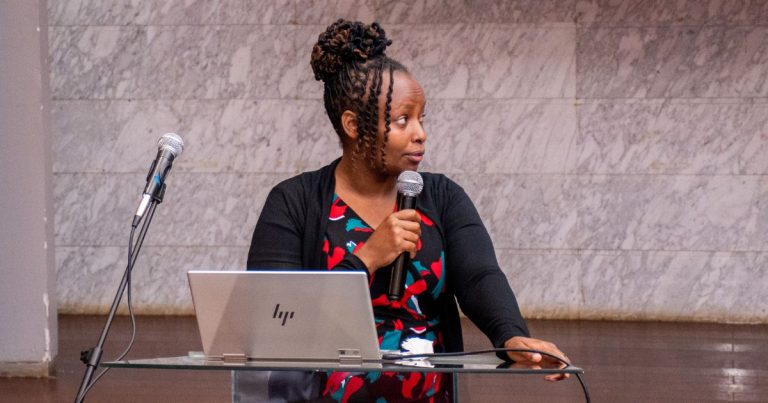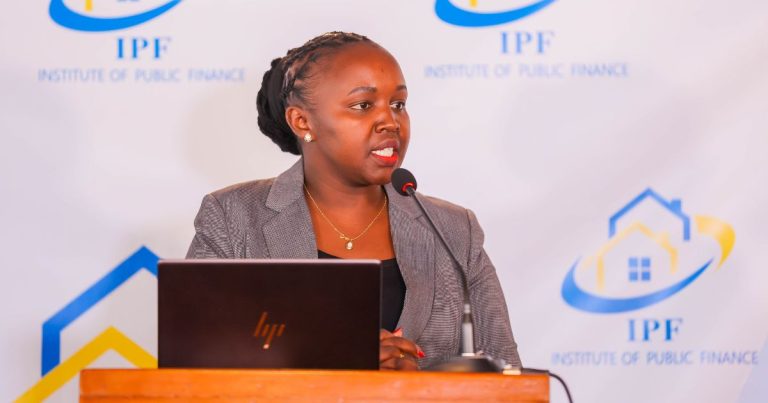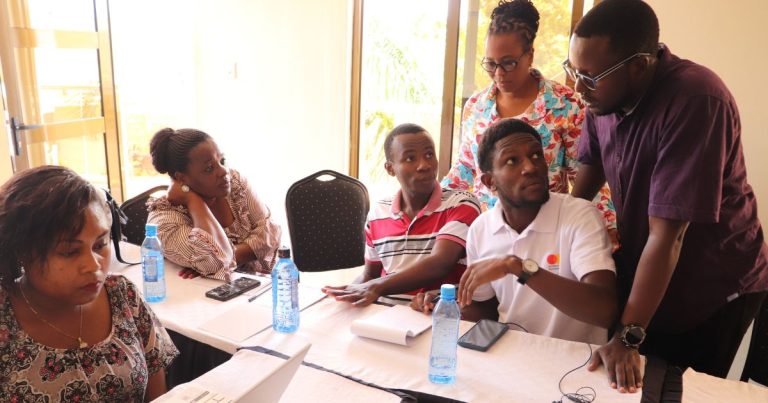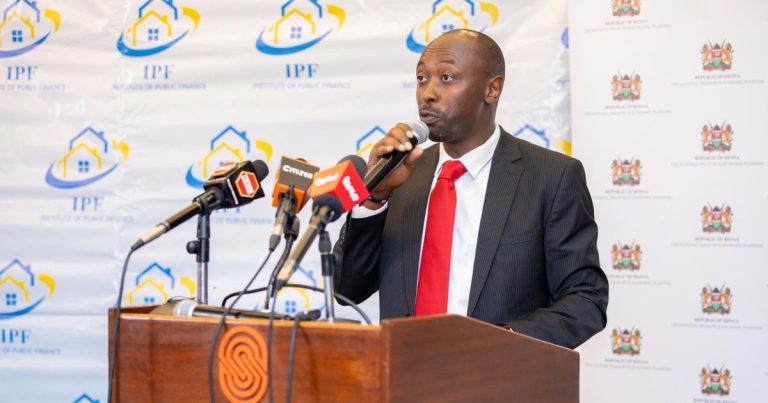Kenyans peculiar habit include moving on swiftly from serious national conversations even without asking ourselves what solutions have been provided. Few weeks ago, a mother who had given birth to quintuplets died in a national referral hospital and two of the children had died barely a month after birth. Demand for accountability came through Kenyans online under the hashtag #maternalnegligenceke with parliament and county assemblies who are incharge of oversight still waiting for the next state of nation and county address. I am still looking for the official government response on such a serious issue like maternal death. But why will we continue experiencing maternal and infant deaths today as we trumpet for Universal Health Coverage (UHC)?
While our ability as country to address health equity challenges is improving gradually, Improved health budgeting is key if we are to achieve the desired UHC outcomes. It is further important to understand that investments in universal health care is not about how many people register for the NHIF card, it is much more including reforming the health care system, providing bigger and better budgets at the county level, consolidating donor funding, improving on budget absorption and improving internal controls, oversight and overall accountability of health funds.
In the financial year 2018/19, a lot of numbers have been provided on how much we are spending on the UHC ranging from Kenya shillings 2.0 billion to Kenya shillings 3.8 billion. However, no one has asked how much of these funds are committed from our taxes and how much is coming in from donors in form of grants and loans. As a lower middle-income country, our dependency on donors is increasing being challenged and this evident with the impending exit of Global Alliance for Vaccine Initiative (GAVI) in the next eight years or so from the Vaccine support program that Kenya receives annually. In the FY 2018/19, recurrent Allocation for Kenya Expanded Programme Immunization (KEPI) decreased from shillings 20 million to shillings 9 million while the development vote allocation continues to be constant with Kenya contributing shillings 703 million and GAVI contributing shillings 2.6 billion. Are we then likely to achieve UHC when we can’t fund it ourselves?
Understanding that the UHC pilot is heavily donor dependent, the government of Kenya should take some quick urgent measures.
Firstly, as a country we should Provide bigger and better budgets for health services at the county level; the health function is a fully devolved function apart from policy work and that means there is no reason why national level health budget continues to increase and not at the same rate as the county level health budgets. Secondly, we should not keep allocating resources to those who are not spending. In FY 2017/18, the ministry of health allocation was shillings 78 billion and only shillings 50 billion was spent indicating that only 63% of the available resources were spent to support the health care system at the national level. With government providing very scanty information on why the ministry did not spend the resources, there is no justification on why more resources should be domiciled at the national level instead of being devolved through conditional grants. Finally, we should improve on internal controls, oversight and overall accountability for health funds: It is possible that we can deliver better health outcomes if we invest in PFM controls.
Kenyans are generally worried by wasteful use of our taxes with a good case being the container clinics that were dumped in Mombasa after being procured for use in the slum upgrading projects. To build trustworthy public expenditure in the health sector we should improve on transparency and accountability by providing space for robust engagement with citizens, improving our health sector internal controls, improved financial reporting and enhanced oversight by the legislature. The ministry of health, national treasury and parliament can take lead in improving the controls and understand that these controls will serve the interest of well-meaning citizens and not tenderpreneurs.
We all desire that UHC becomes a success and the government have made great strides on encouraging citizens to enroll into the UHC dream. However, if we don’t improve our health budgeting, UHC will remain just that, a dream and more people will fall into poverty increasing inequalities and making SDG number one a mirage.

